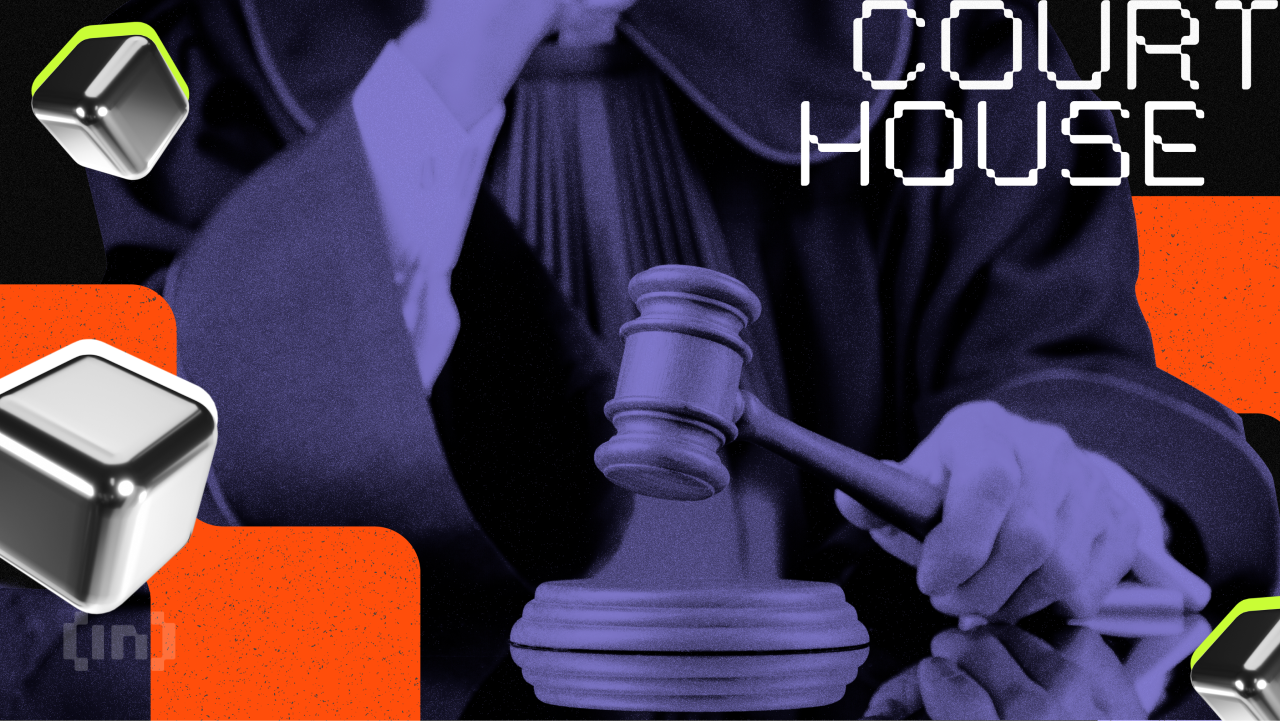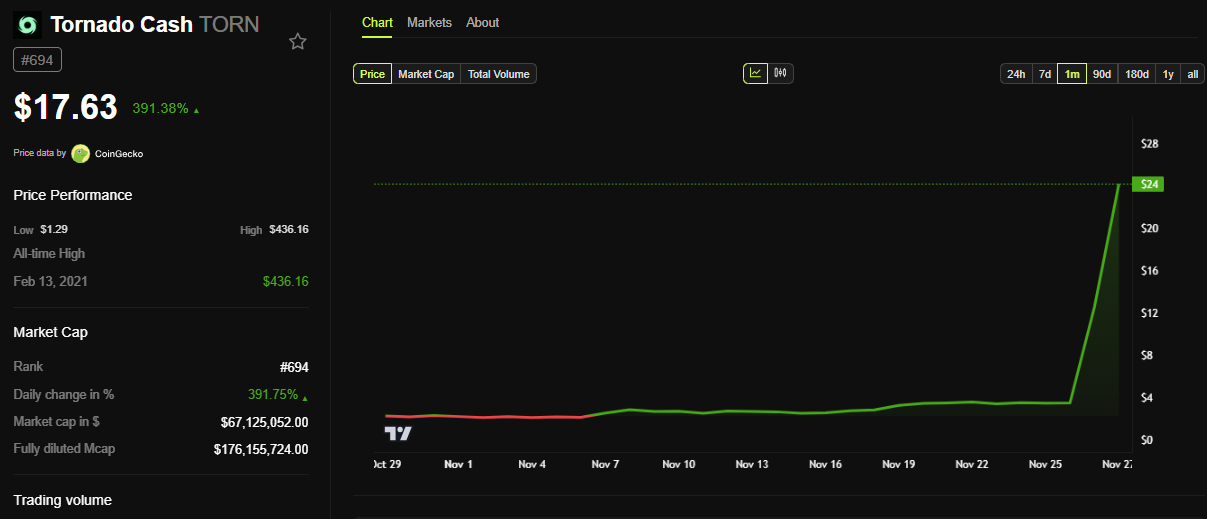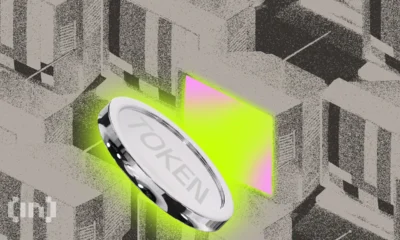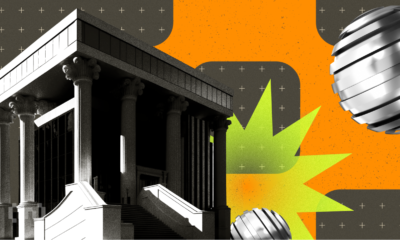Market
Tornado Cash Sanctions Overturned; TORN Token Spikes 400%

A US federal appeals court struck down sanctions imposed by the Treasury Department on Tornado Cash. This popular crypto-mixing service enables users to anonymize their cryptocurrency transactions through smart contracts.
The ruling, delivered by the Fifth Circuit Court of Appeals, marks a significant victory for decentralized technology proponents and privacy advocates. At the same time, it reignites debates about how to regulate the use of blockchain tools in connection with criminal activities.
Treasury Department’s Sanctions Against Tornado Cash Overturned
The Treasury’s Office of Foreign Assets Control (OFAC) had sanctioned Tornado Cash in 2022. According to the agency, the platform was a key tool for illicit actors, including North Korea’s Lazarus Group, to launder stolen funds.
However, the court ruled that OFAC overstepped its authority. It emphasized that the immutable smart contracts underpinning Tornado Cash cannot be considered property under the International Emergency Economic Powers Act (IEEPA).
The appellate court’s decision hinged on the nature of Tornado Cash’s smart contracts. These are autonomous lines of code designed to function without human intervention.
These contracts, deployed on the Ethereum blockchain, are unalterable and accessible to anyone. The court found that such contracts do not meet the legal definition of “property” because they cannot be owned, controlled, or restricted.
“The immutable smart contracts at issue are not property because they are not capable of being owned,” the court wrote.
The court further noted that while sanctions might block certain individuals from using Tornado Cash, the technology’s decentralized nature ensures that no one, including North Korean hackers, can be entirely prevented from accessing it. Paul Grewal, Coinbase’s Chief Legal Officer, hailed the ruling.
“This is a historic win for crypto and all who cares about defending liberty…These smart contracts must now be removed from the sanctions list and US persons will once again be allowed to use this privacy-protecting protocol. Put another way, the government’s overreach will not stand… No one wants criminals to use crypto protocols, but blocking open source technology entirely because a small portion of users are bad actors is not what Congress authorized. These sanctions stretched Treasury’s authority beyond recognition, and the Fifth Circuit agreed.” Grewal wrote on X (formerly Twitter),
Grewal also emphasized the importance of distinguishing between tools and their misuse. Of note, Coinbase, a leading cryptocurrency exchange, was among the entities that sued the government over the sanctions.
Broader Implications for Crypto Regulation
The ruling exposes the challenges of applying existing legal frameworks to decentralized technologies. Crypto-mixing services like Tornado Cash occupy a legal gray area, prompting calls for scrutiny by US lawmakers.
They are neither traditional financial (TradFi) institutions nor entities capable of being controlled by a central authority. Critics of the ruling argue that it could embolden bad actors to exploit blockchain technology further.
“If you think Tornado Cash has been used by good people for worthwhile purposes then make your case…If privacy protects good people it’s good, if it protects bad people it’s bad. The vast majority of people that Tornado Cash has protected are doing bad,” one user on X quipped.
Some lawmakers have previously pressed the Treasury to adopt stricter measures against crypto mixers. In 2022, members of Congress highlighted concerns about their role in facilitating money laundering and funding terrorism. A bipartisan push aimed to ensure that tools like Tornado Cash, often associated with criminal networks, face regulatory scrutiny.
However, privacy advocates argue that targeting the tools rather than the actors undermines the principles of decentralization and privacy. Bill Hughes, a lawyer at ConsenSys, applauded the court’s nuanced understanding of the issue but highlighted a key issue. He cautioned that regulatory risks remain.
“This does NOTmean that the rest of Tornado Cash is out of bounds for Treasury/OFAC too. The issue was about smart contracts with no admin key,” Hughes wrote.
This means that the court’s decision does not shield Tornado Cash from other legal challenges, particularly those concerning its founders. As BeInCrypto reported, they face accusations of facilitating money laundering. Moreover, the broader debate over how to regulate decentralized technologies remains unresolved.
Following the ruling, however, Tornado Cash’s native token, TORN, is up almost 400% to trade for $17.63 as of this writing.

This surge reflects investor optimism about the protocol’s potential resurgence and its implications for decentralized finance (DeFi) projects.
Disclaimer
In adherence to the Trust Project guidelines, BeInCrypto is committed to unbiased, transparent reporting. This news article aims to provide accurate, timely information. However, readers are advised to verify facts independently and consult with a professional before making any decisions based on this content. Please note that our Terms and Conditions, Privacy Policy, and Disclaimers have been updated.












